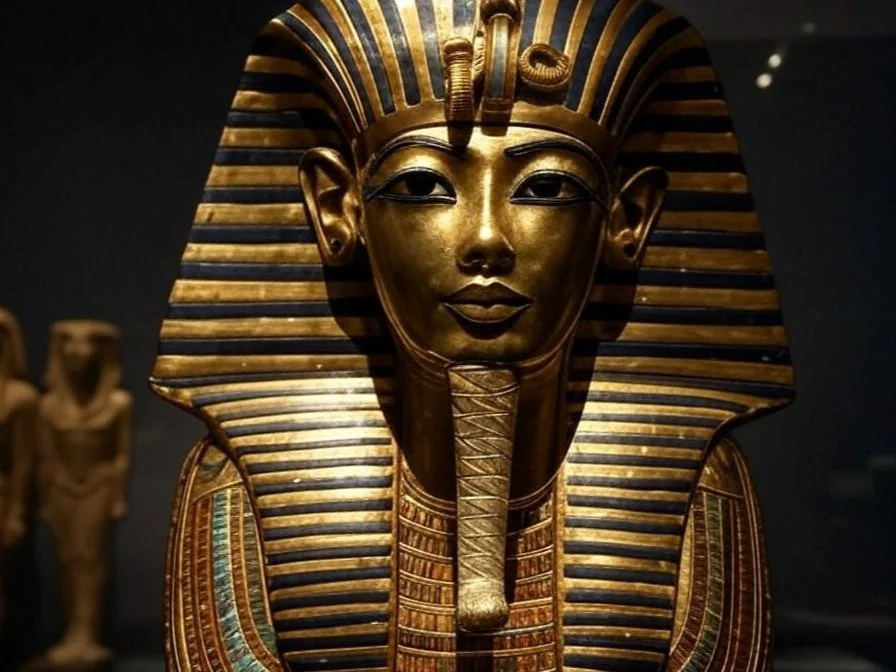The legend of Atlantis, a technologically advanced civilization that supposedly sank into the ocean "in a single day and night of misfortune," has fascinated scholars, adventurers, and dreamers for centuries. First described by the ancient Greek philosopher Plato in his dialogues Timaeus and Critias, Atlantis has become a symbol of a lost utopia—or a cautionary tale of hubris. But was Atlantis a real place, or merely a philosophical allegory? This analysis explores the theories about Atlantis, examines evidence for and against its existence, and considers alternative explanations.
Plato’s Account: The Foundation of the Myth
Plato’s writings are the primary source of the Atlantis story. According to him, Atlantis was a powerful island nation located beyond the "Pillars of Hercules" (modern-day Strait of Gibraltar). It was said to have been larger than Asia Minor and Libya combined, with a sophisticated society that eventually became corrupt and imperialistic. As punishment, the gods submerged Atlantis into the sea around 9,600 BCE.
Key Details from Plato:
Atlantis was a naval power that conquered parts of Europe and Africa.
The island was rich in natural resources, including precious metals.
Its capital city featured concentric rings of water and land, connected by bridges and canals.
The story was allegedly passed down to Plato from his ancestor Solon, who heard it from Egyptian priests.
Plato explicitly framed the story as a moral allegory about the dangers of hubris and the ideal state. However, he also provided specific geographical and historical details, leading some to believe Atlantis was based on a real place.
Theories About Atlantis
Over the centuries, countless theories have emerged about the possible location and nature of Atlantis. These range from plausible archaeological hypotheses to speculative pseudoscience.
1. The Minoan Hypothesis
One of the most widely accepted theories links Atlantis to the Minoan civilization on the island of Crete and the nearby volcanic island of Thera (modern Santorini).
Evidence:
The Minoans were a advanced maritime society that thrived during the Bronze Age (circa 2000–1500 BCE).
The eruption of Thera around 1600 BCE caused massive destruction, including tsunamis that may have devastated coastal settlements.
The Minoan palaces, such as Knossos, bear architectural similarities to Plato’s description of Atlantis.
Counterarguments:
The timeline does not match Plato’s account, which places Atlantis thousands of years earlier.
The Minoan civilization did not "sink" but declined gradually due to a combination of natural disasters and invasions.
2. The Tartessos Hypothesis
Some scholars propose that Atlantis was inspired by Tartessos, a wealthy and advanced civilization in southern Spain that flourished around 1000–500 BCE.
Evidence:
Tartessos was known for its wealth in metals, aligning with Plato’s description.
Its location beyond the Pillars of Hercules fits Plato’s geographical clues.
Counterarguments:
There is no evidence that Tartessos was destroyed by a cataclysmic event.
The civilization’s timeline is much later than Plato’s account.
3. The Azores and Caribbean Hypotheses
Some theories place Atlantis in the Atlantic Ocean, citing underwater geological formations or ancient maps as evidence.
Evidence:
The Azores, a group of volcanic islands in the Atlantic, have been proposed as remnants of Atlantis.
Some researchers point to underwater structures, such as the Bimini Road in the Caribbean, as possible ruins of Atlantis.
Counterarguments:
No conclusive archaeological evidence has been found to support these claims.
Many underwater formations can be explained by natural geological processes.
Evidence Against Atlantis
While the search for Atlantis has captured the imagination of many, there is significant evidence to suggest that it never existed as a real place.
Lack of Geological Evidence: No large landmass has been discovered in the Atlantic Ocean that matches Plato’s description. The ocean floor has been extensively mapped, and no sunken continent has been found.
Anachronisms in Plato’s Account: Plato’s timeline (9,600 BCE) predates the rise of advanced civilizations by thousands of years, making it unlikely that such a society existed.
Allegorical Purpose: Many scholars argue that Plato’s story was intended as a philosophical allegory rather than a historical account. The tale of Atlantis serves as a cautionary tale about the dangers of imperialism and moral decay.
Alternative Explanations
If Atlantis was not a real place, what inspired Plato’s story? Several alternative explanations have been proposed:
Cultural Memory of Natural Disasters: Plato may have drawn on oral traditions of real events, such as the Thera eruption or flooding in the Black Sea region, to create his narrative.
Symbolic Representation: Atlantis could symbolize the idealized society or the dangers of hubris, serving as a moral lesson rather than a historical record.
Literary Invention: Plato was a master storyteller, and Atlantis may have been entirely fictional, designed to illustrate his philosophical ideas.
Conclusion: A Blend of Myth and Mystery
The search for Atlantis continues to captivate the public imagination, but the evidence suggests that it is more likely a myth than a historical reality. While archaeological discoveries like the Minoan civilization provide tantalizing parallels, they do not conclusively prove the existence of Atlantis. Instead, the story of Atlantis endures as a powerful allegory, reminding us of the fragility of human achievements and the enduring allure of the unknown. Whether fact or fiction, Atlantis remains a testament to humanity’s fascination with lost worlds and the mysteries of the past.







